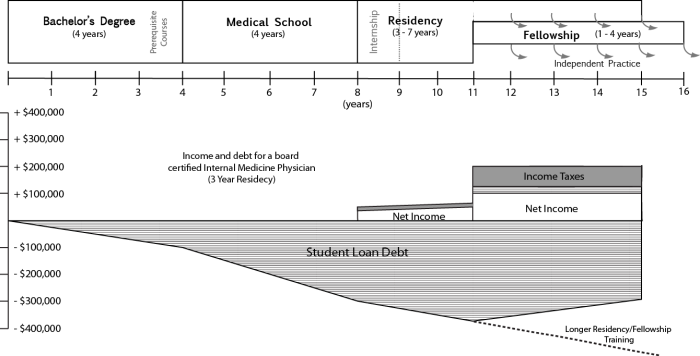- Joined
- Jul 2, 2013
- Messages
- 148
- Reaction score
- 117
Ok, I got into medical school a little while back at Univ of TN and have been looking into paying for it. My family can't contribute at all so that is a bust. I have always been elligible for the max financial aid for undergraduate so i ended up coming out on the positive end which is nice. But even getting the maximum federal unsubsidized loans (~41,000 per year), that falls short of the cost of attendance for UT (~66,000 per year). I will be living with my gf so that will cut some cost and I know that the COA is an overestimate anyways, but can someone please tell me how else is the best way to pay for med school. I know there are the gradplus loans but I don't know what the max is on those and how easy it is to get them. Also I am not aware of the other options available. Also, at this point in time the military and rural forgiveness is not an option I am considering. Thanks for any advice for information!



